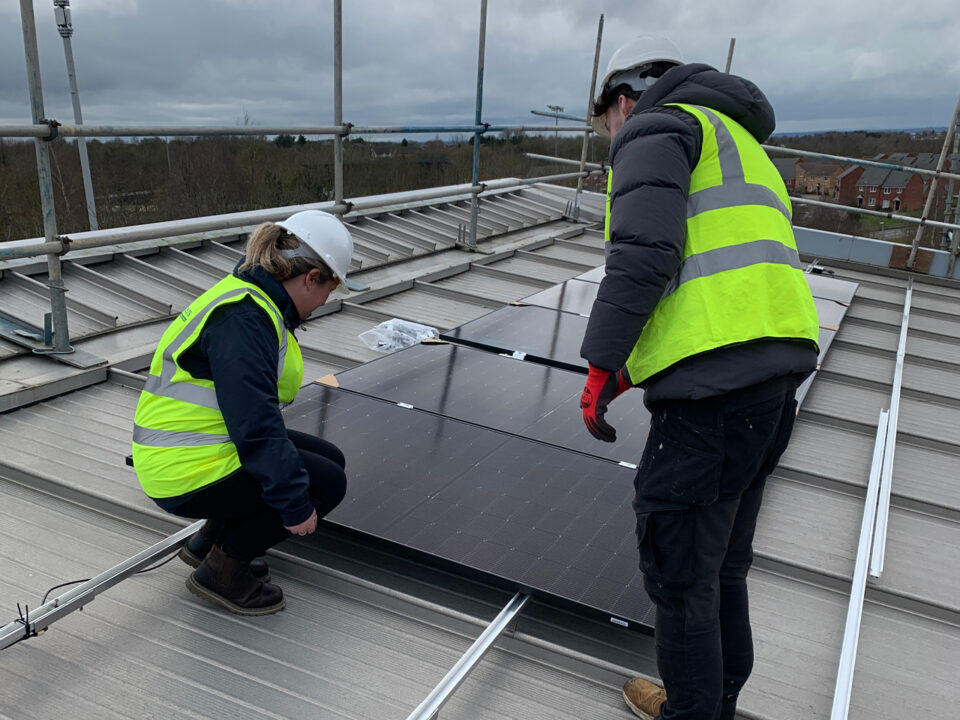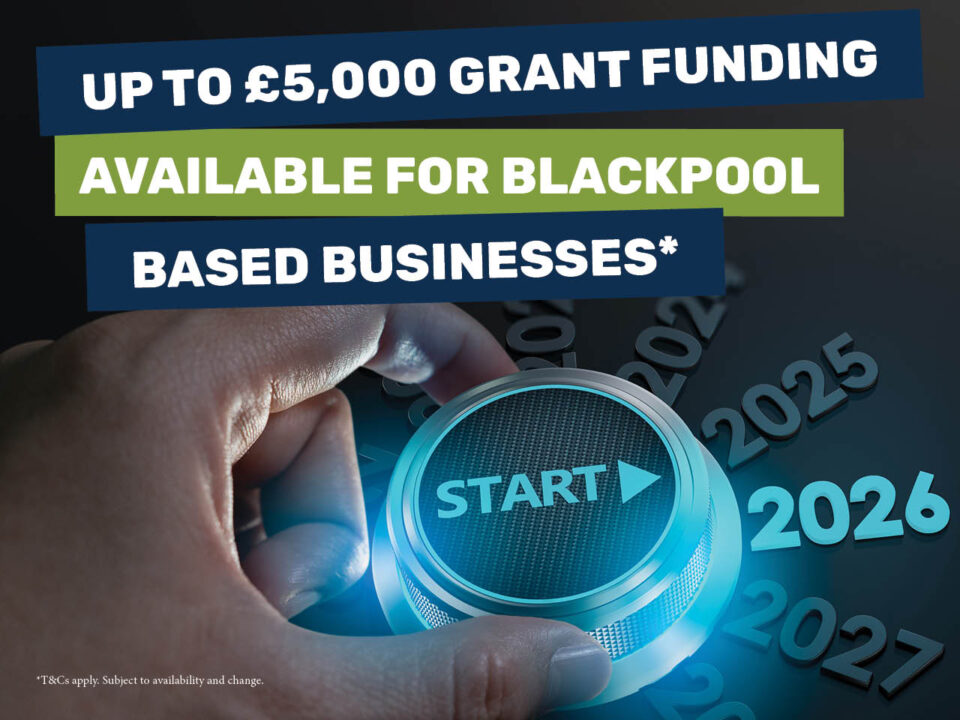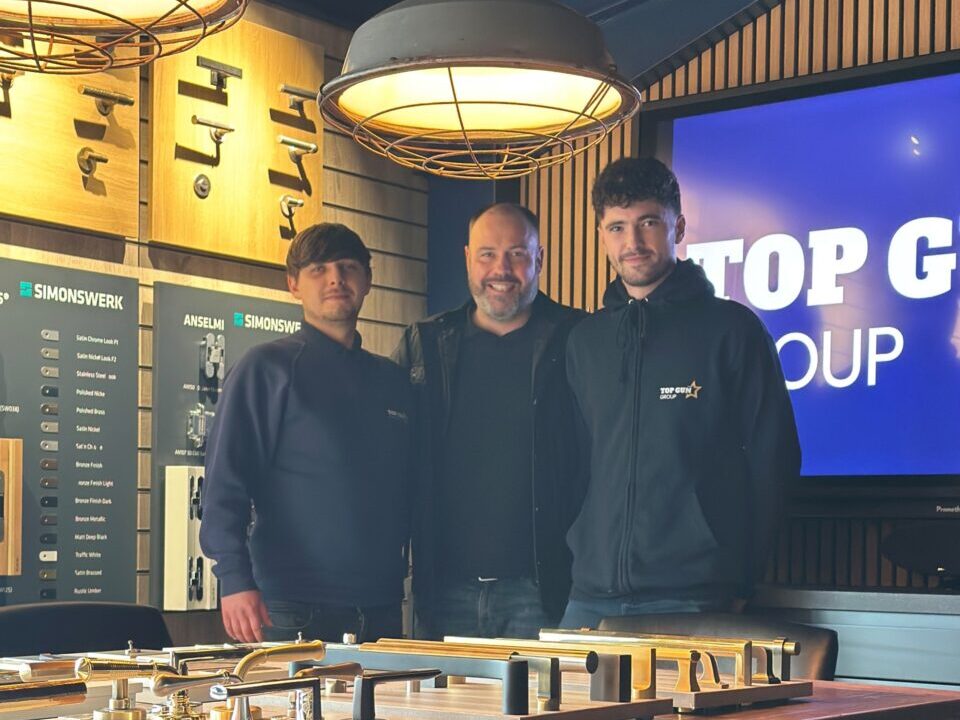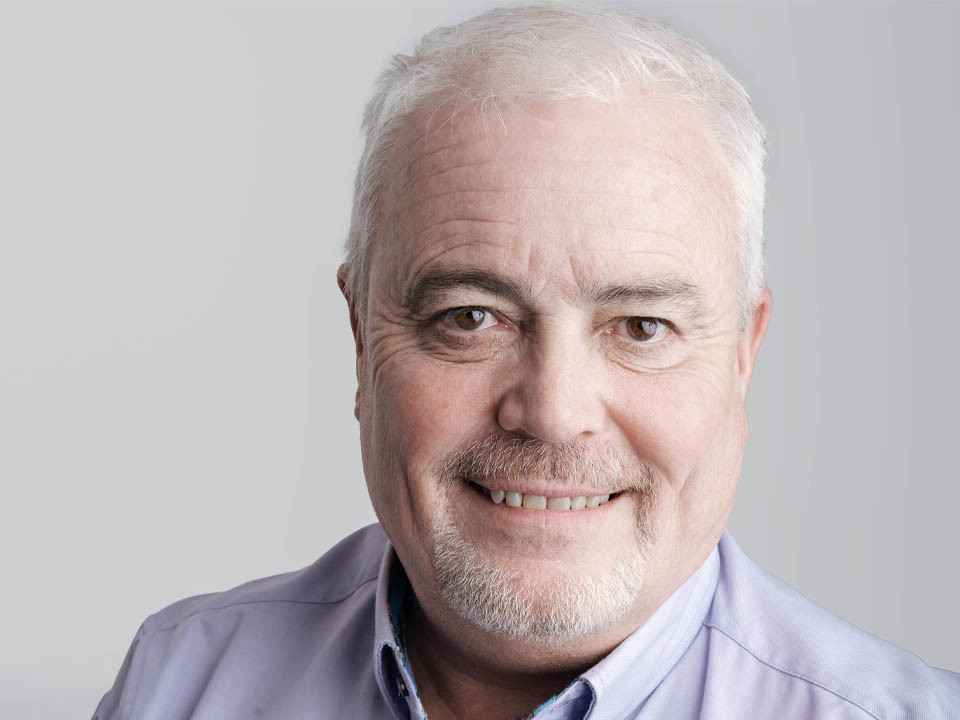
Understanding the Emissions of Your Business:
Scopes 1, 2, and 3

The terms Scope 1, 2, and 3 emissions are becoming increasingly common in conversations around sustainability in businesses. The Blackpool Net Zero Business Academy are helping local businesses understand their emissions and take practical steps to reduce them, improving efficiency, cutting costs, and future-proofing operations.
The Academy shares that carbon emissions divide into three categories.
- Scope 1 covers direct emissions from sources businesses own or control, such as company vehicles or on-site equipment.
- Scope 2 incorporates indirect emissions from the energy purchases, such as electricity, heating, or cooling.
- Scope 3 includes all other indirect emissions across the value chain, from the goods and services bought to business travel and the end-of-life impact of products. Scope 3 is often the largest portion of a business’s carbon footprint, making it essential to look beyond immediate operations.
Common Challenges for Businesses
Many businesses tend to focus primarily on Scope 1 and 2, which can leave a large part of the footprint unaccounted for. Relying on broad spend-based estimates can reduce accuracy, while outdated conversion factors or missing documentation can make tracking progress difficult.
The Academy’s Sustainability Specialists help businesses navigate these challenges by providing expert guidance on measuring emissions accurately, identifying hotspots, and turning data into practical action.
How Blackpool Businesses Are Taking Action
Local businesses are already seeing the benefits of taking practical steps with the Academy’s support. Tyson Construction electrified some of their fleet, cutting emissions from transport, thereby cutting Scope 3 emissions. Notarianni already used compostable and biodegradable packaging but have started to explore solar panel installations to reduce energy use and cut down Scope 1 and 2 emissions. MC Repairs has implemented LED lighting with motion sensors, transitioned to a fully electric fleet, and installed a Solar PV system to generate renewable energy, therefore helping to reduce Scope 1 and 2 emissions.
Our Sustainability Specialists are on hand to work closely with businesses to turn understanding into action. Support can include energy audits to identify inefficiencies, advice on practical emission reduction measures, and personalised decarbonisation action plans. This hands-on guidance ensures businesses can make informed decisions, tackle high-impact areas first, and measure progress.
Why Reducing Emissions Matters
Taking steps to reduce emissions isn’t just about compliance or hitting targets. It’s about creating a sustainable, resilient, and future-ready business. By understanding Scope 1, 2, and 3 emissions and acting strategically, businesses can cut costs, improve efficiency, and strengthen relationships with customers, suppliers, and stakeholders who value sustainability.
If your Blackpool based business is looking to take practical steps to reduce emissions, or wanting to understand what Scope 1,2 and 3 means in your own business, the Blackpool Net Zero Business Academy can help. Get in touch to access fully funded support, tailored guidance, and expert advice to start your journey to net zero.










